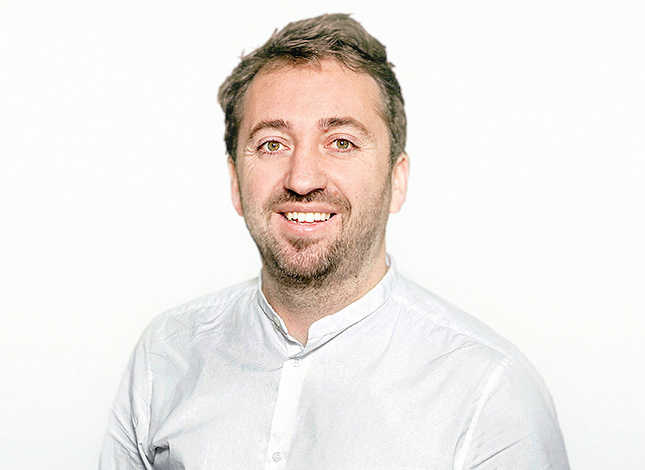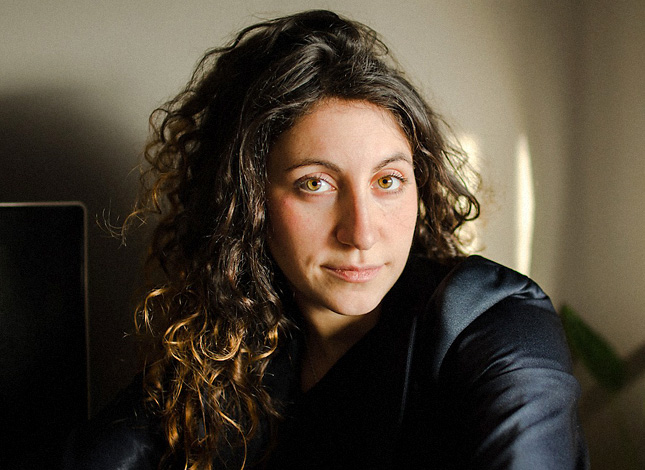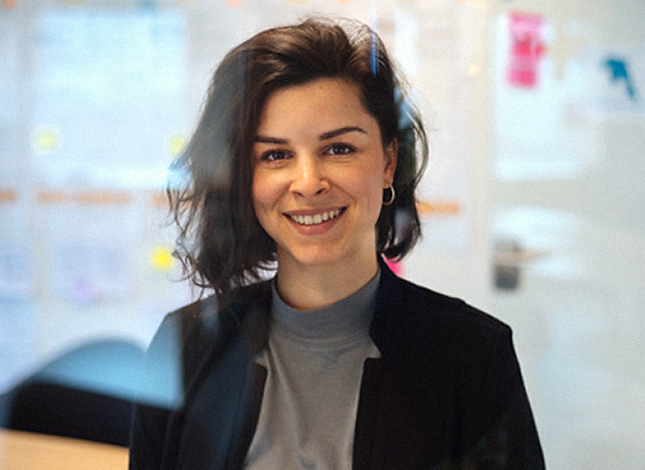The future of the city - practising participatory service design and community involvement
This interactive event - a combination of talks and a workshop - was organised by the Service Design Days in partnership with UpTown on April 19 2023, as part of the Milan Design Week 2023.
In the past, the provision and maintenance of urban communities and local services rarely featured in conversations on city-making. The discussion, planning and execution of the urban ecosystem have been traditionally dominated by experts on space and infrastructure. More recently, tech experts have joined the conversation on making cities smart.
This model is deeply challenged by the need to move towards a regeneration of our living system, prompting us to create room for new connections and for new orders to be established. For this reason, we advocate for a paradigm shift in urban development, which emphasises participatory engagement of all stakeholders in the process of remaking the city. To contribute to its future, we need to understand and focus on the social transformation of the urban environment and the importance of local communities in it. By zooming in on cities discovering a collection of smaller environments, and involving its stakeholders starting with residents, we can understand the unique characteristics and needs of each community and address their specific challenges.
How to create ecosystems where people flourish, with ample opportunities for social connection, mutual support, and collaborative engagement? How to (re)shape the city through participatory design? How to codesign neighbourhoods built on the (future) needs and lives of citizens? How to adapt the existing physical fabric of cities to evenly serve the needs of each community? Or, in the words of Professor Ezio Manzini: How to construct future-proof cities in which 'social innovation, care, common goods, communities of place, and enabling digital platforms' become the keywords of a new and widespread social capacity to design?
Designers, local government and other stakeholders all play an essential role in creating a vibrant ecosystem of services for every neighbourhood that fosters the development of a truly thriving and equitable society.
Program
This SDD Satellite will kick off with Filippo Lodi (UNStudio) followed by Alvise Mattozzi (Politecnico di Torino) who will share a series of inspiring project examples on participatory service and social design. In the second part, you will practise a design framework for inclusive and participatory city-making under the guidance of Alexandra Coutsoucos (Livework).
This SDD Satellite ends with a discussion with the speakers and participants, led by Alice Casiraghi (Future Urban Living).
This event will be held in English to facilitate the participation of an international audience.
Speakers
Schedule
13:30 - 14:00
Entrance & registration
14:00 - 14:10
Welcome & intro
14:10 - 14:35
Talk by Filippo Lodi
14:35 - 14:55
Talk by Alvise Mattozzi
14:55 - 15:00
Short break
15:00 - 15:55
Workshop by Alexandra Coutsoucos
15:55 - 16:15
Panel discussion
16:15 - 16:30
Closure
Location & travel
The event will take place at Milan’s Cascina Merlata SpazioVivo Community Center, thanks to the collaboration with UpTown. This centuries-old building is the gateway to a new district of Milan, the Cascina Merlata/UpTown park. UpTown is Italy's first sustainable smart district, created with the idea of improving people's quality of life, facilitating social interaction, and offering them a healthy and sustainable living solution.
Address:
Via Pier Paolo Pasolini, 3,
20151 Milano MI,
Italy (view on Google maps)
Transport:
Public transport
Metro M1, San Leonardo, and Molino Dorino stops are available and in 5-10 minutes walk, you can reach Cascina.
From the Molino Dorino metro station, bus 35 departs every 10 minutes, which crosses the entire district with 3 stops (the closest stop is Via Pasolini, Via Gallarate).
Bus 528 (closest stop Via Gallarate, Via Torrazza) and bus number 69 (closest stop Via Appennini, Via Visconti) are also great options.
By bike
Follow the Sempione axis - Certosa - via Gallarate. BikeMi stations no. 500 and 501 are available.
By car
The Cascina is located at the end of the Sempione, Certosa, and via Gallarate axis, 5.5 km from the Arco della Pace, when coming from the centre of Milan. If arriving from outside Milan, Cascina is connected to the A4 Pero/Fieramilano exit from A4 and the A8 exit towards Cascina Merlata/Milano Gallaratese, and via the west ring road A50, exit Milano Gallaratese, then continue with the road towards Molino Dorino ex SP11R.
After the event, we welcome you to stay and mingle at the Mare Culturale Urbano Food Hub, a space dedicated to the culture of food, a collaboration between Cascina Merlata and Mare Culturale Urbano. This Food Hub is part of a larger project aimed at developing new processes of participation, relationships, and economies in the areas surrounding the centre of Milan. Building on Mare's strong commitment to social inclusion and cultural innovation, the format involves creating a new reality that includes a pizzeria, brewery, coffee shop, community building and more.
Milan Design Week
Milan Design Week is the biggest annual design event in the world, hosting the largest furniture fair Salone del Mobile. This year, the festival runs from 17 to 23 April 2023. Designers, architects, companies and universities share solutions to support our present and shape the future via exhibitions, installations, talks and more, spread throughout the city. The practices of design become a precious tool to provide the coordinates for understanding the present and contemporaneity, returning visions and suggestions for the future.
Alongside the world's largest furniture fair, a variety of fringe events take place during the week, collectively known as Fuorisalone. These events include conferences, such as this SDD Satellite. The 2023 edition of Fuorisalone, entitled “Laboratorio Futuro”, proposes a reflection on how we imagine our future, in relation to the uniqueness of the times in which we are living now. It will therefore shed light on the themes of sustainable design, circular economy, innovative materials, urban regeneration and artificial intelligence.




